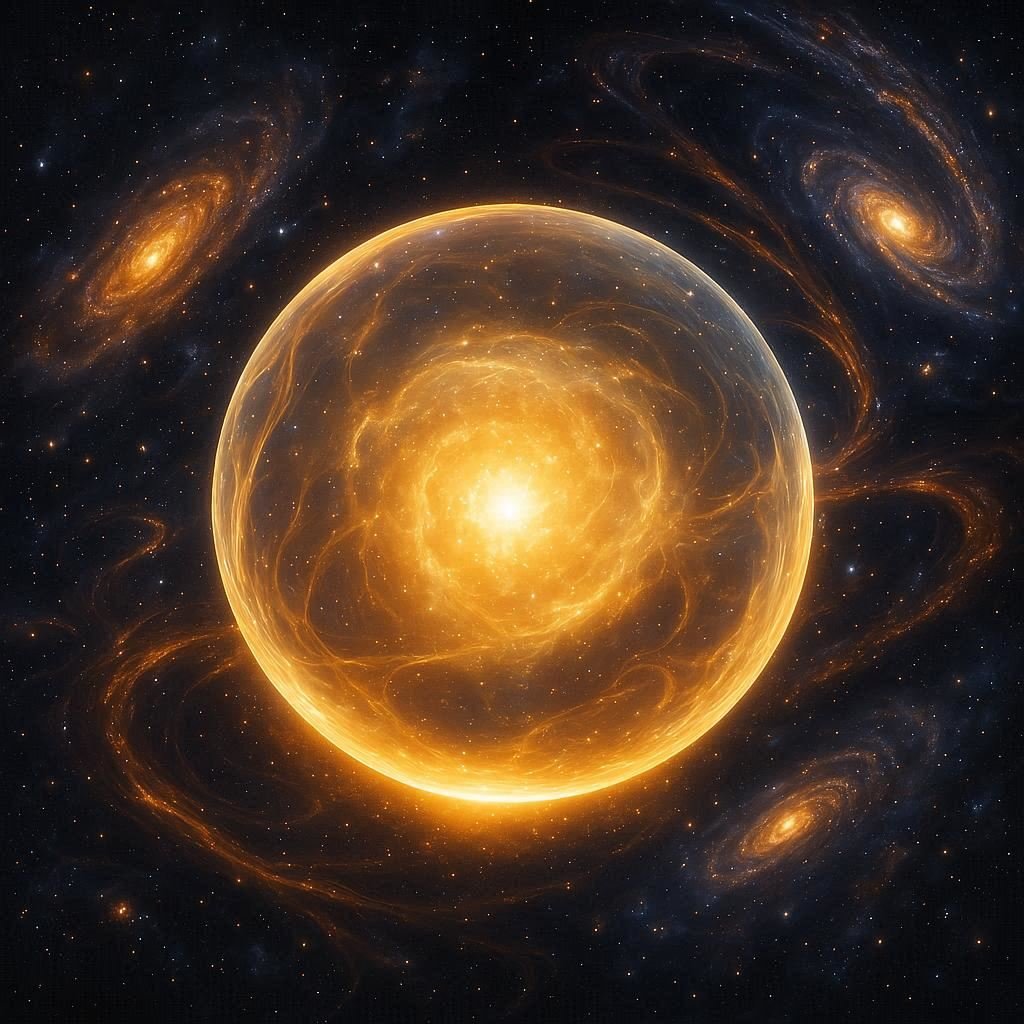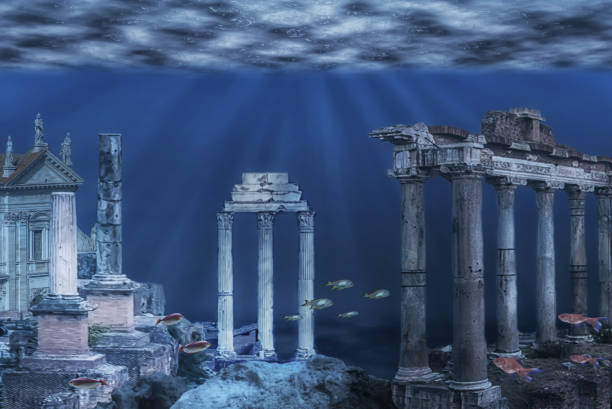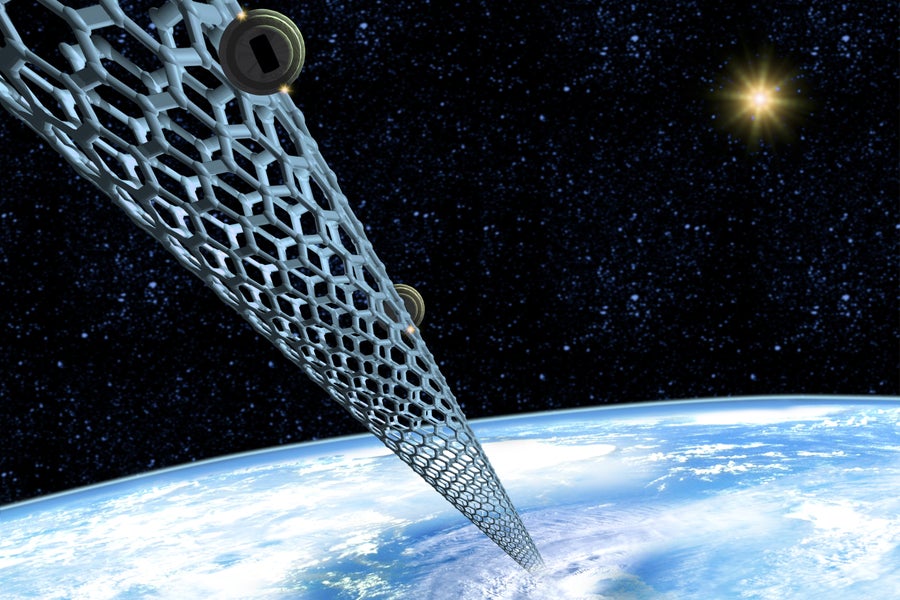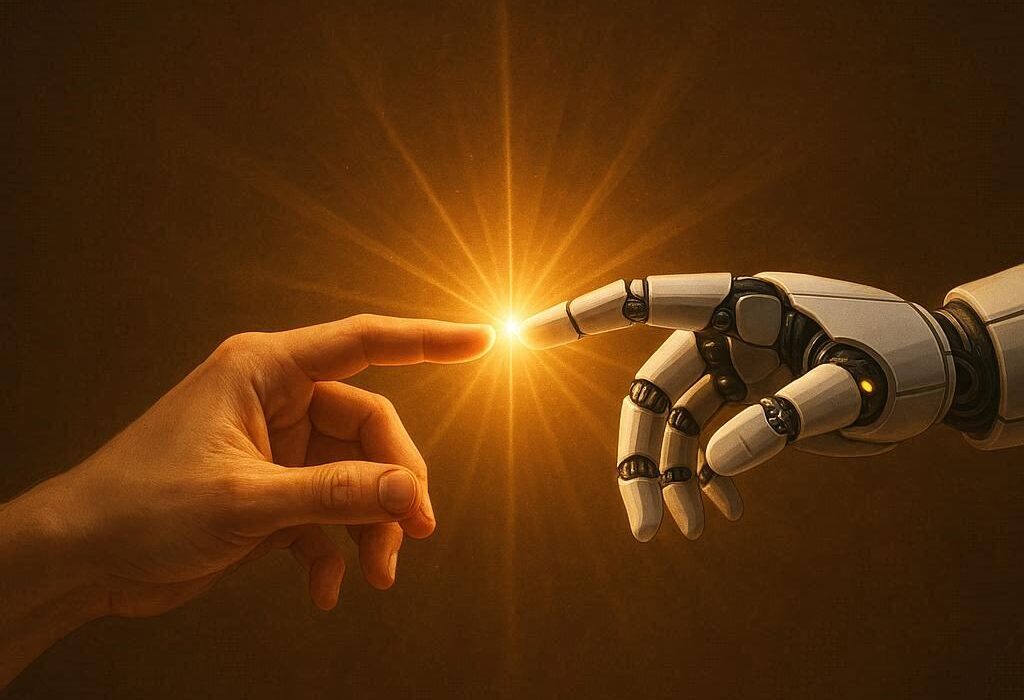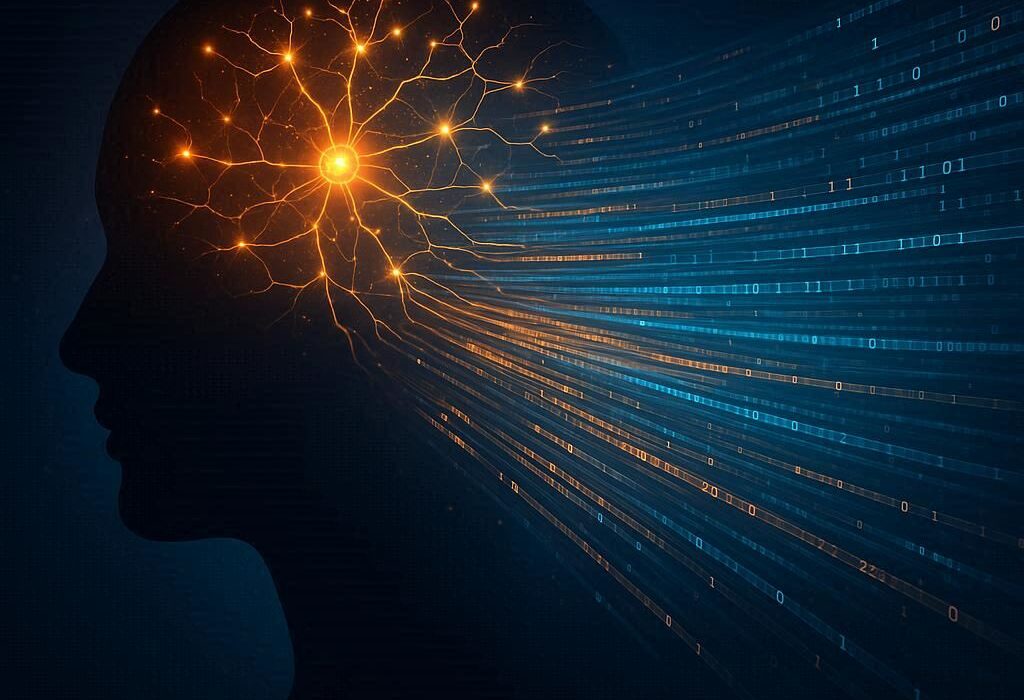Imagine waking up tomorrow and discovering that scientists had created an entirely new universe—a parallel cosmos existing alongside our own. The thought is staggering, almost unbelievable, the kind of idea we expect only in science fiction movies or the pages of imaginative novels. And yet, in the corridors of physics, whispered among equations that probe the deepest mysteries of reality, such a question is not pure fantasy. Could science, with all its ingenuity and ambition, really bring forth another universe? And if so, could it happen as soon as next year?
The answer requires us to step beyond the ordinary, to dive into the nature of reality itself. This journey is not merely scientific; it is emotional, philosophical, and almost spiritual. For in asking whether we can create a universe, we are also asking who we are, what role we play in the cosmos, and whether we are destined to be creators in our own right.
The Seeds of the Multiverse
To understand the possibility of creating a parallel universe, we must first confront the idea that multiple universes might already exist. This is not an invention of Hollywood, but a hypothesis born of real physics. The concept of the multiverse suggests that what we call “the universe” may be just one bubble in a vast cosmic foam, each bubble a universe with its own laws, its own matter, its own history.
The seeds of this idea lie in cosmology and quantum mechanics. Inflationary theory, which describes the rapid expansion of the universe just after the Big Bang, suggests that inflation may not have happened only once. Instead, pockets of inflation could continue, spawning countless bubble universes. In another corner of physics, quantum mechanics implies that every choice, every random event, might split reality into multiple branches, each playing out a different version of events.
If multiple universes exist naturally, the question arises: could we ever create one ourselves? Could humanity reach the point where we don’t merely explore the cosmos but generate entirely new ones?
Science at the Edge of Creation
The very idea of creating a universe is audacious, almost arrogant, as though we are daring to step into the role of gods. But the concept is not without foundation. Physicists have long speculated that under the right conditions, it might be possible to trigger the birth of a new universe.
One way this could happen is through the manipulation of vacuum energy. In quantum field theory, even “empty” space is not truly empty. It seethes with fluctuations, tiny bursts of energy appearing and vanishing in an instant. Some theories suggest that under extraordinary conditions, a bubble of false vacuum could form—a region of space with a higher energy state than the surrounding vacuum. If such a bubble were to appear and expand, it might inflate into an entirely new universe, separated from our own.
Another speculative avenue involves black holes. Some physicists propose that black holes may act as cosmic wombs, giving birth to new universes on the other side of their event horizons. If so, then creating or manipulating black holes might offer a gateway to universe creation.
These ideas remain deeply theoretical. No experiment today comes close to producing such conditions. But science has a history of transforming wild speculation into reality. Nuclear energy was once dismissed as fantasy. Spaceflight was once a dream. Could universe creation be next?
Could It Happen Next Year?
The phrase “next year” carries a weight of immediacy that physics is rarely able to deliver. The sober truth is that creating a parallel universe is not something science can realistically achieve within a year—or even within a century—given our current technology and understanding.
Our particle accelerators, like the Large Hadron Collider, probe energies trillions of times higher than everyday experiences, yet they are still far below what might be required to trigger a new universe. Even the boldest experiments in quantum physics or high-energy cosmology are many steps removed from actual universe creation.
And yet, the reason this question fascinates us is not because it is likely tomorrow but because it feels possible someday. Science has a way of leaping forward unexpectedly. A single breakthrough—a new theory of quantum gravity, a revolutionary energy source, or a discovery about the true nature of space-time—could change the landscape overnight.
Thus, while the literal answer to whether science could create a universe next year is almost certainly no, the spirit of the question points to a deeper truth: humanity is on a trajectory of discovery that makes such an idea not laughable, but plausible, in the long run.
The Emotional Shock of Creation
Suppose, for a moment, that humanity did succeed in creating a new universe. The emotional shock of such an event would be unlike anything in history. Religion, philosophy, art, and culture would be transformed overnight. We would not merely be creatures trying to understand the universe—we would be creators of universes ourselves.
Would the new universe be sterile, a barren realm of space and time with no stars, no galaxies, no life? Or would it blossom, following physical laws that allow for beauty and complexity, perhaps even birthing beings capable of asking their own “Why?”
The weight of such a creation would be almost unbearable. We would carry the moral responsibility of parenthood on a cosmic scale. To create a universe is not just to push the frontier of science—it is to redefine what it means to exist.
The Dangers of Playing Creator
With the possibility of creation comes the shadow of danger. Could an experiment intended to create a new universe endanger our own? Theories about vacuum decay suggest that if a bubble of false vacuum were to form, it could expand at the speed of light, consuming our universe entirely.
Physicists reassure us that the probabilities of such catastrophic scenarios are vanishingly small, and that natural cosmic processes—like high-energy collisions in space—already test such possibilities trillions of times without destroying reality. But the specter of danger remains. When we probe the fundamental fabric of the cosmos, we cannot always be certain what will emerge.
Science, Faith, and the Human Spirit
The idea of creating a parallel universe touches something ancient in us. For millennia, humanity has told stories of gods bringing worlds into being, of divine hands shaping creation. To even speculate that science might do the same is to blur the boundary between myth and reality.
And yet, this does not diminish the grandeur of science. It elevates it. For what is science if not humanity’s attempt to join in the cosmic symphony of creation, not through myth but through knowledge, not through faith alone but through evidence and discovery?
Science does not seek to replace wonder; it fulfills it. The possibility of creating a universe is not the end of mystery but the beginning of new questions: Why should universes exist at all? Why should the laws of physics allow creation? And if we create a universe, are we ourselves creations of another intelligence beyond our own?
The Future of Universe Engineering
While universe creation may be centuries away, other forms of cosmic engineering are closer on the horizon. Already, scientists dream of harnessing black holes, capturing the power of stars, or manipulating quantum fields in ways that seem magical today. Each step brings us closer to understanding the mechanisms that might someday allow for universe creation.
Imagine a future civilization, thousands of years from now, not merely traveling among stars but cultivating universes as gardeners tend orchards. Each new cosmos might be designed with specific physical laws, tailored for exploration, experimentation, or even habitation. The scale of such an endeavor is almost impossible to fathom, yet it may lie within the reach of intelligence given enough time.
The Ultimate Question
At the heart of the question lies something more profound than science. If we could create a universe, should we? Science may answer the “could,” but humanity must answer the “should.” The act of creation carries with it responsibility, morality, and consequences that extend beyond comprehension.
Perhaps the true lesson is not whether science can create a universe next year, but that the very possibility forces us to confront who we are and what we value. It demands that we think not only as scientists but as custodians of reality, mindful of the power we wield and the futures we shape.
Conclusion: Our Place Among the Stars
So, could science create a parallel universe next year? Realistically, no. But could humanity, in the great sweep of time, someday harness the knowledge and power to bring forth new universes? The answer remains tantalizingly possible.
What matters most is not the timeline but the journey. Science is the story of humanity reaching upward, forever asking bigger questions, forever daring to touch the infinite. Whether or not we create a universe next year, the very fact that we can ask the question is itself a triumph of the human spirit.
We are no longer content to merely live within the cosmos. We yearn to understand it, to shape it, perhaps even to multiply it. In this yearning lies both our greatest risk and our greatest glory. For science is not just about discovering what is—it is about imagining what could be. And maybe, just maybe, one day that imagination will bloom into an entirely new universe, born from the hands of humanity itself.
